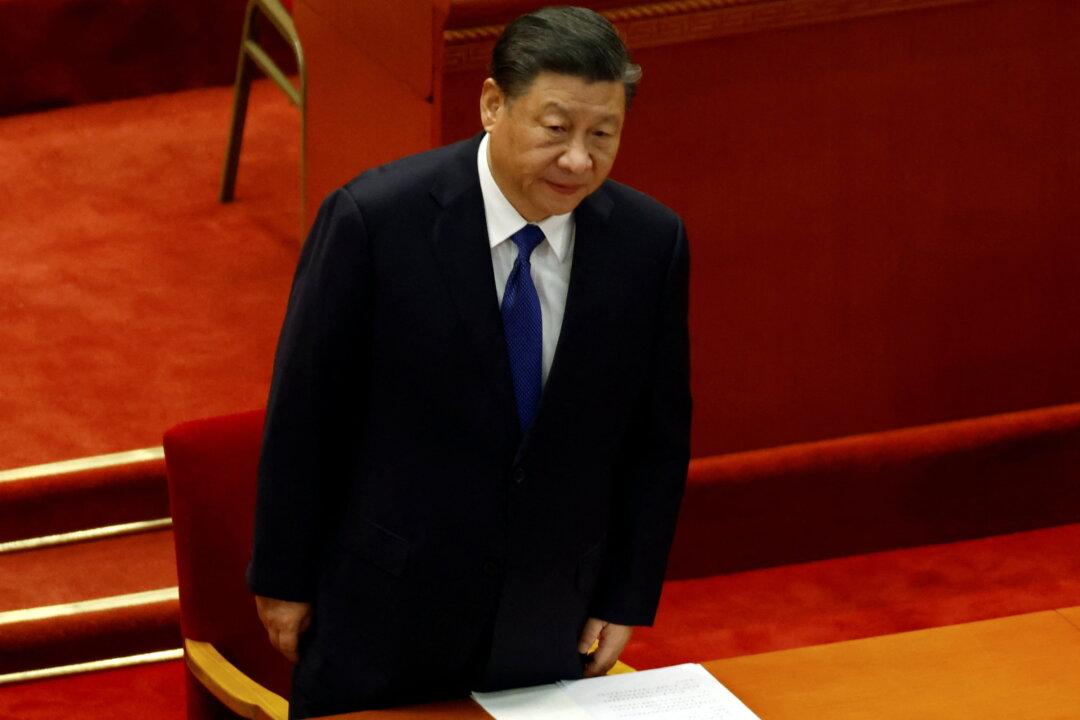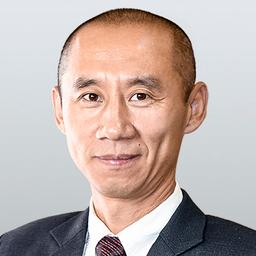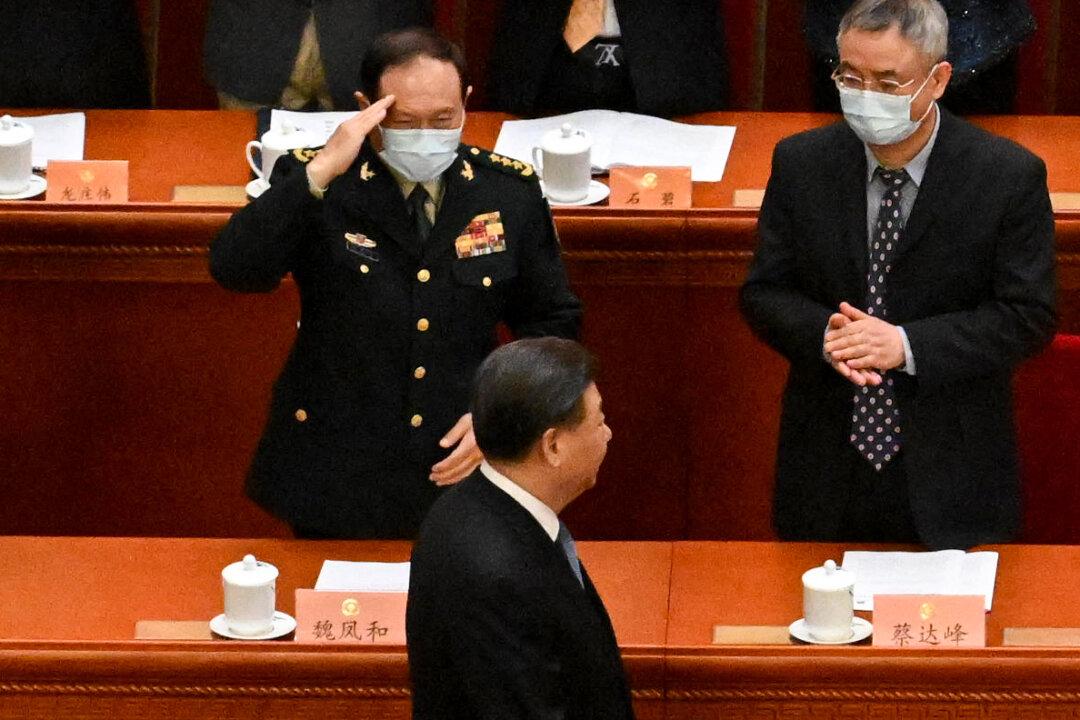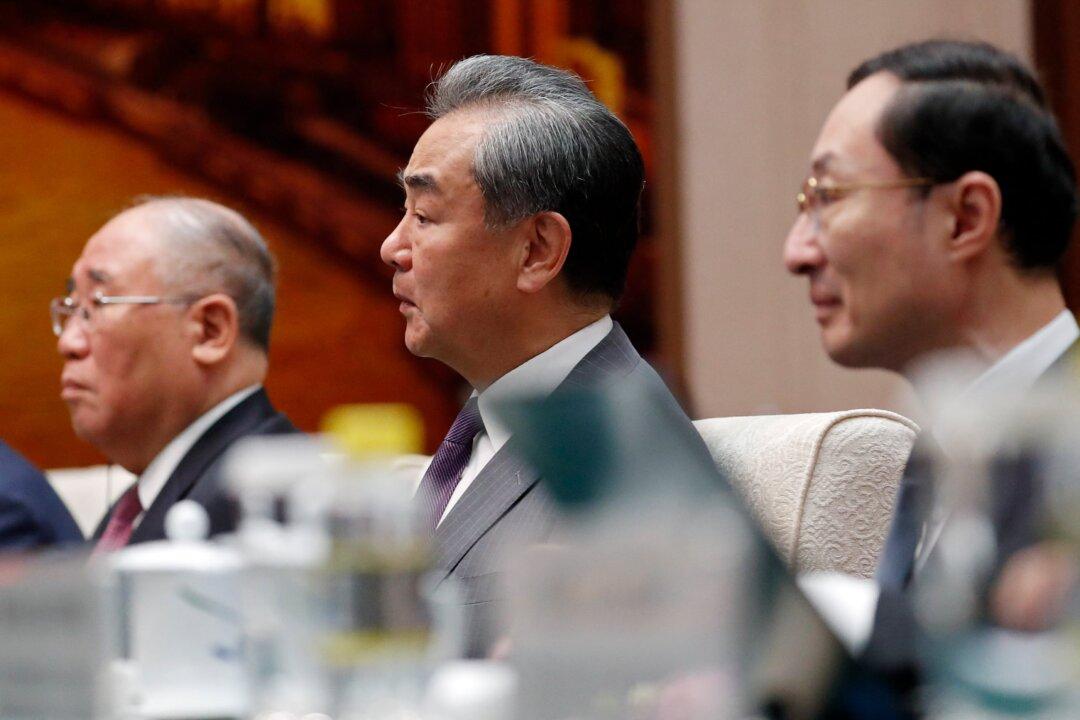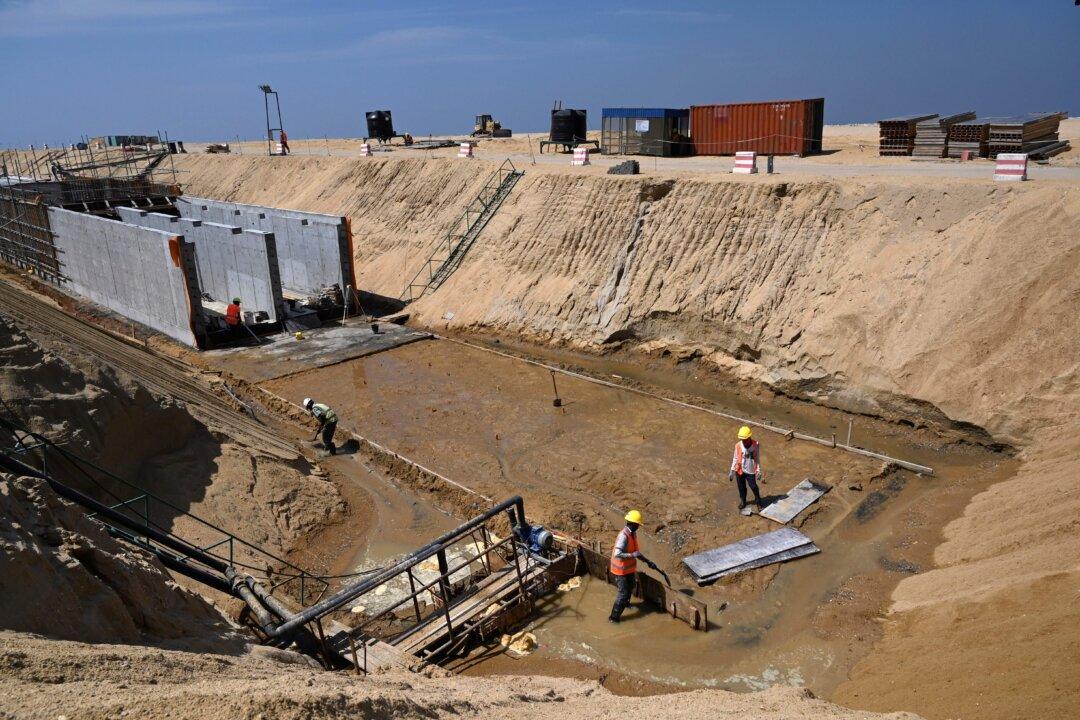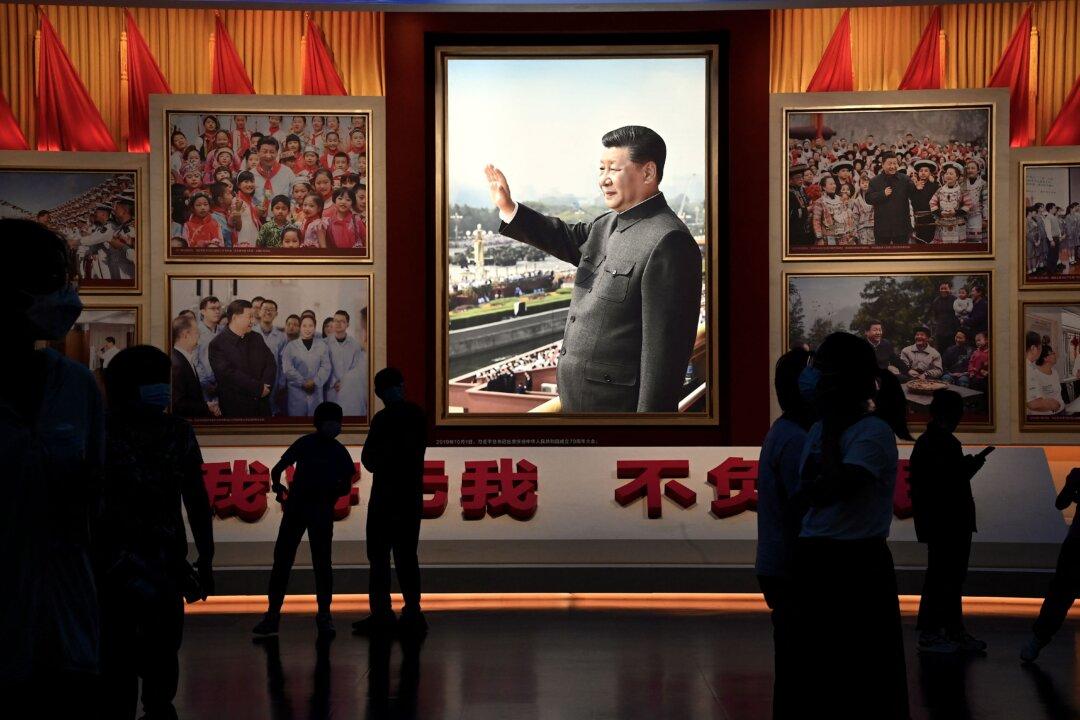Recent occurrences involving two Chinese diplomats may suggest that Xi Jinping is losing his grip on power. China experts believe that Beijing’s internal struggles are escalating as the regime’s National Congress approaches.
On June 14, 2022, foreign vice-minister Le Yucheng was unexpectedly removed from the Foreign Affairs Ministry, and appointed deputy head of China’s National Radio and Television Administration—a demotion in the Chinese Communist Party (CCP) system. Le has served as foreign vice-minister since 2018, and had the potential to become the successor to Foreign Minister Wang Yi.
